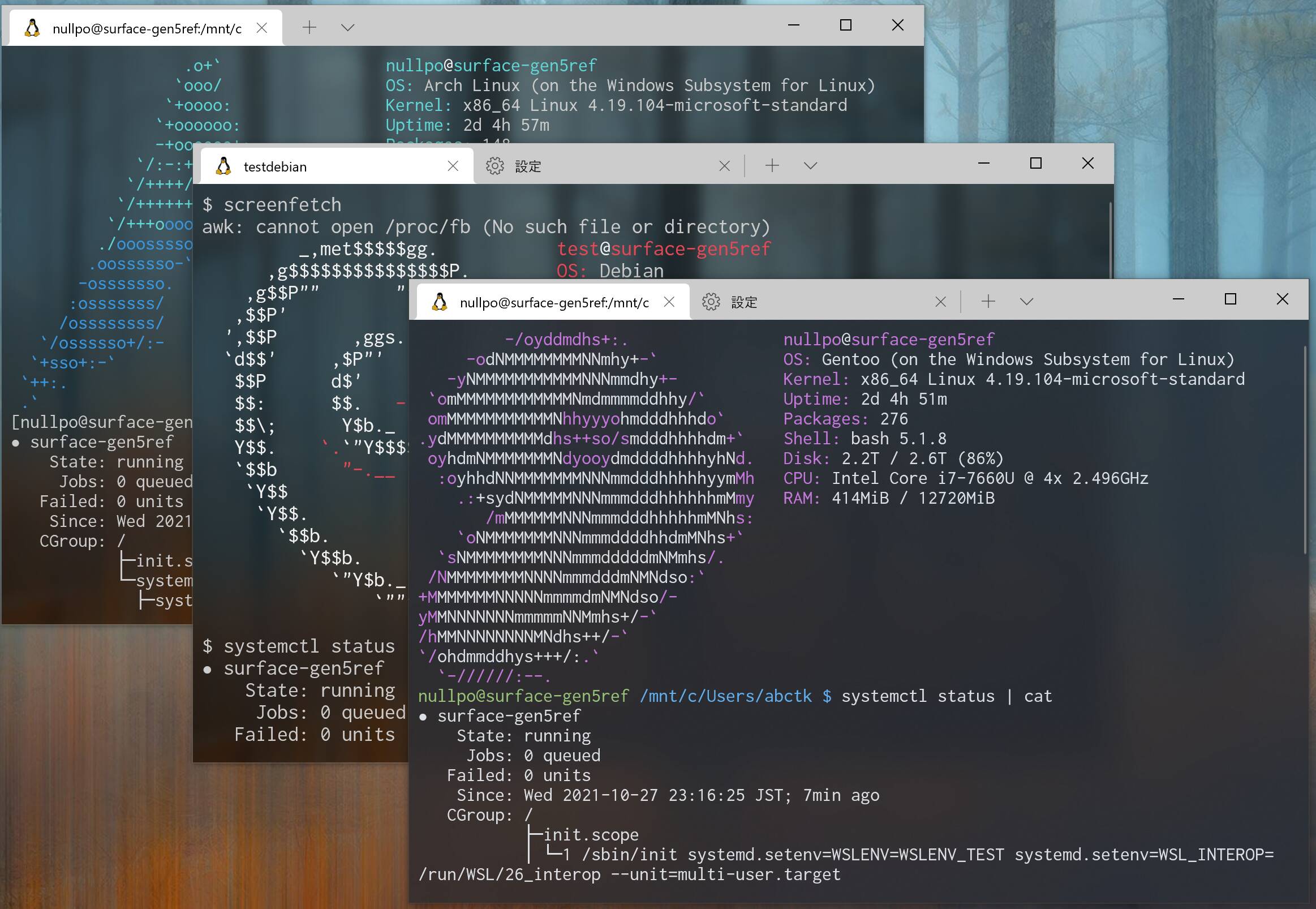zirias@
Developer
Jose I guess what I want to say is: DON'T GET THE FUCK IN MY WAY with your STUPID DSL. Your DSL (talking to "systemd" here) is, well, "domain specific". That means anything the designer of that DSL didn't have in mind, WON'T WORK. (Let alone having to learn yet another language, which is a PITA in itself)
Yep, I assumed setting permissions on a dir, so a daemon can store its pidfile there, is something that was considered. I'm pretty sure some other edge cases weren't. There are countless!
Bourne shell, OTOH, is a general-purpose (turing-complete) programming language. Writing init-scripts in bourne shell has its challenges. But given an awesome framework like mewburn rc (which IIRC was developed for NetBSD, but is used in FreeBSD) makes it a piece of cake. Of course, assuming you know shell scripting. But hey, who doesn't?
Yep, I assumed setting permissions on a dir, so a daemon can store its pidfile there, is something that was considered. I'm pretty sure some other edge cases weren't. There are countless!
Bourne shell, OTOH, is a general-purpose (turing-complete) programming language. Writing init-scripts in bourne shell has its challenges. But given an awesome framework like mewburn rc (which IIRC was developed for NetBSD, but is used in FreeBSD) makes it a piece of cake. Of course, assuming you know shell scripting. But hey, who doesn't?



